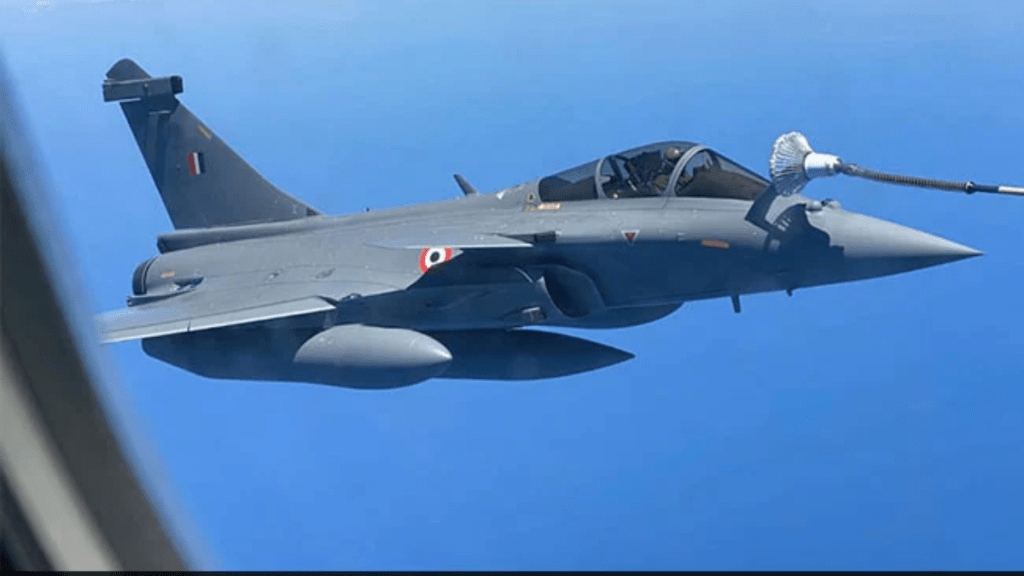China allegedly launched a coordinated disinformation campaign to damage the global reputation and sales of France’s Rafale fighter jets, following their reported combat deployment in the India-Pakistan clashes in May, according to a French military intelligence report accessed by the Associated Press.
The intelligence findings suggest that Chinese defence attachés stationed in embassies across the world lobbied foreign governments — particularly those that have purchased or are considering buying Rafale jets — to question their performance and instead opt for Chinese-made alternatives. The campaign reportedly focused heavily on Indonesia, which has ordered 42 Rafale aircraft and is a potential buyer of more.
The French Defence Ministry claims that a “vast campaign of disinformation” was launched against the Rafale, involving social media posts, fake imagery, AI-generated content, and even video game simulations used to portray combat scenes. More than 1,000 newly created social media accounts helped amplify claims of Rafale losses during the brief but intense India-Pakistan military escalation — claims that were further circulated by Chinese and Pakistani sources.
Pakistan claimed that it had downed five Indian aircraft during the clashes, including three Rafales. While India acknowledged losing aircraft, it did not specify the types. French Air Force chief Gen. Jerome Bellanger stated that only one Rafale was lost, along with a Sukhoi and a Mirage 2000, and admitted it was the first combat loss for the Rafale, which France has sold to eight countries.
Although French officials say they have found no direct digital trail linking the disinformation campaign to the Chinese government, they point to coordinated messaging from Chinese embassies and defence officials as a clear sign of Beijing’s involvement.
“The Rafale wasn’t randomly targeted,” France’s Defence Ministry said in a statement. “It represents a strategic French offering. By attacking the aircraft, certain actors sought to undermine the credibility of France and its defence industrial and technological base.”
Experts believe China’s alleged actions were aimed at weakening France’s growing security and defence partnerships in Asia, particularly in the Indo-Pacific region, where Chinese influence is expanding. “They certainly saw an opportunity to damage French sales prospects in the region,” said Justin Bronk of the Royal United Services Institute in London.
The Chinese Ministry of National Defence denied the allegations, calling them “groundless rumours and slander.”
Dassault Aviation has delivered 533 Rafales globally, with 323 going to countries including Egypt, India, Qatar, the UAE, and Indonesia. France sees the Rafale not only as a high-performance fighter but also as a symbol of its strategic autonomy and industrial capability — both now under scrutiny amid geopolitical rivalries and digital information warfare.

